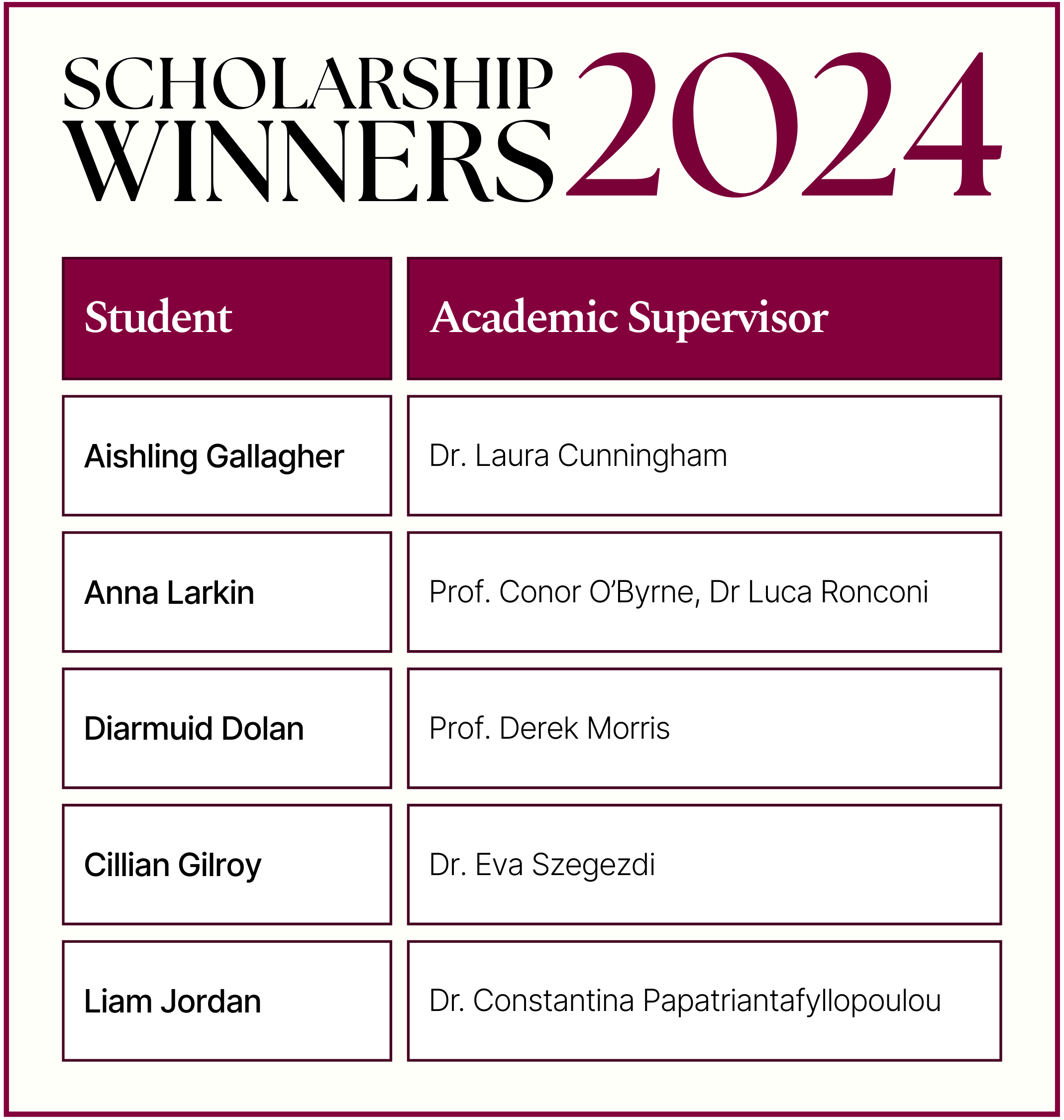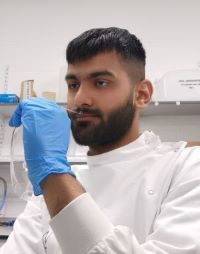-
Courses

Courses
Choosing a course is one of the most important decisions you'll ever make! View our courses and see what our students and lecturers have to say about the courses you are interested in at the links below.
-
University Life

University Life
Each year more than 4,000 choose University of Galway as their University of choice. Find out what life at University of Galway is all about here.
-
About University of Galway

About University of Galway
Since 1845, University of Galway has been sharing the highest quality teaching and research with Ireland and the world. Find out what makes our University so special – from our distinguished history to the latest news and campus developments.
-
Colleges & Schools

Colleges & Schools
University of Galway has earned international recognition as a research-led university with a commitment to top quality teaching across a range of key areas of expertise.
-
Research & Innovation

Research & Innovation
University of Galway’s vibrant research community take on some of the most pressing challenges of our times.
-
Business & Industry

Guiding Breakthrough Research at University of Galway
We explore and facilitate commercial opportunities for the research community at University of Galway, as well as facilitating industry partnership.
-
Alumni & Friends

Alumni & Friends
There are 128,000 University of Galway alumni worldwide. Stay connected to your alumni community! Join our social networks and update your details online.
-
Community Engagement

Community Engagement
At University of Galway, we believe that the best learning takes place when you apply what you learn in a real world context. That's why many of our courses include work placements or community projects.
Summer Internships Winners
Summer Scholarships Winners
Congratulations to Aishling Gallagher, Anna Larkin, Diarmuid Dolan, Cillian Gilroy and Liam Jordan who have been successful in their Summer Internship bursary applications in the School of Biological & Chemical Sciences for Summer 2024.

Check out our previous SBCS Summer Scholarships Winners!


Saleem Waleed | School of Biological and Chemical Sciences - Chemistry
I have looked at the Synthesis of Diazosalicylic acid-based Metal-Organic Frameworks (MOF) for Multi-Drug Delivery in the Treatment of MDR Tuberculosis. Once MOFs were synthesized, we looked at drug uptake by the MOF and release of drugs in buffer solution simulating human blood.

Paris Kovi Weavers | School of Biological and Chemical Sciences - Biochemistry
‘My summer research project involves the use of fluorescent in situ hybridisation (FISH) to validate cell types for an upcoming publication on a novel Cnidarian single cell atlas for the species Hydractinia Symbiolongicarpus. Using marker genes for bioinformatically predicted cell clusters, I aim to fluorescently hybridise the mRNA to confirm that these predicted cell types do indeed comprise distinct cell populations within the animal.’

Oisin Dolan | School of Biological and Chemical Sciences
Development of tools to monitor rDNA transcription in live human cells would represent a major advance. Fluorescent RNAs (FRs), aptamers that bind and activate fluorescent dyes, have the potential to fulfil this goal. Recently, Peppers, a series of monomeric, bright and stable FRs have been described. The McStay lab has constructed a series of plasmids in which Pepper (FRs) have been incorporated into rDNA. The aim of my project is to test these plasmids both in vitro and in vivo. In vitro experiments will be performed in Hela cell nuclear extracts that support transcription by RNA polymerase I. In vivo experiments will involve introduction of plasmids into human cells by electroporation. Should these pilot experiments work as expected, the ultimate aim would be to exploit powerful genome editing technologies to incorporate Pepper FRs into endogenous human rDNA arrays.















